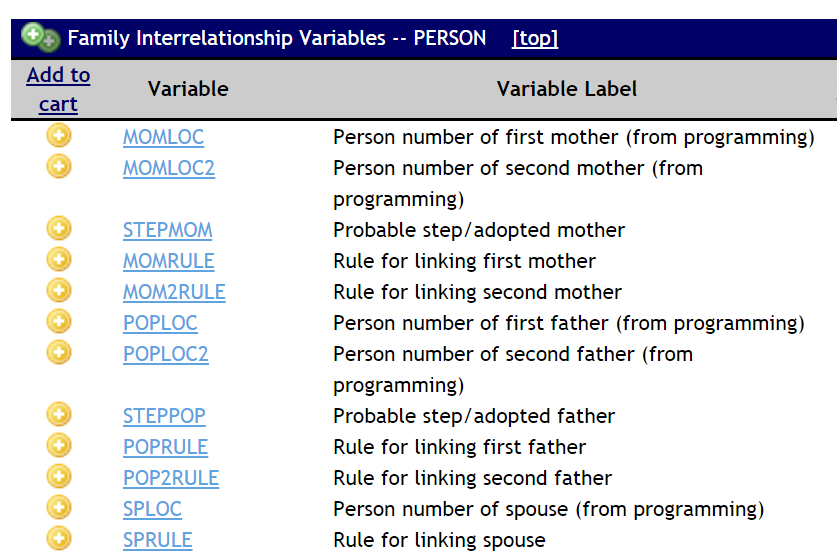
It seems counterintuitive that rising divorce rates, fewer children, and an increase in dual-income families would result in an increase in time couples spend together, and in time parents spend with children, but according to Minnesota Population Center researcher, Katie Genadek, this is exactly what the data are showing. Her goal: to determine why an increase in factors that seem to undermine quality family time could actually result in an increase in the time families spend together.


